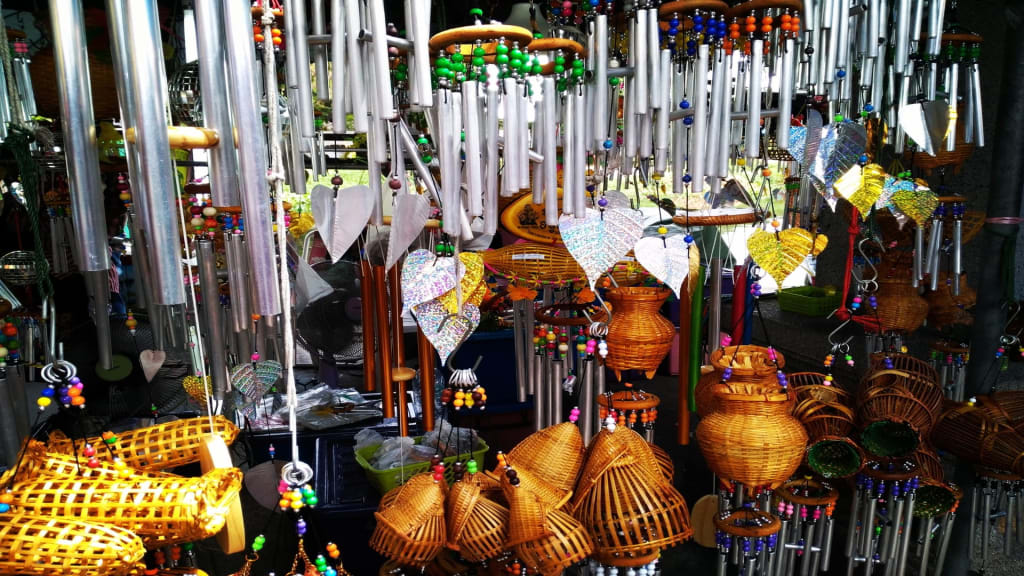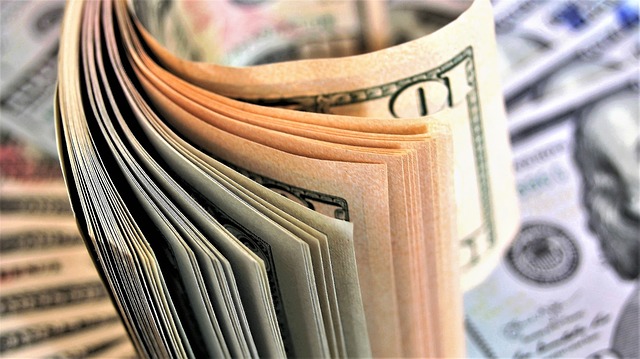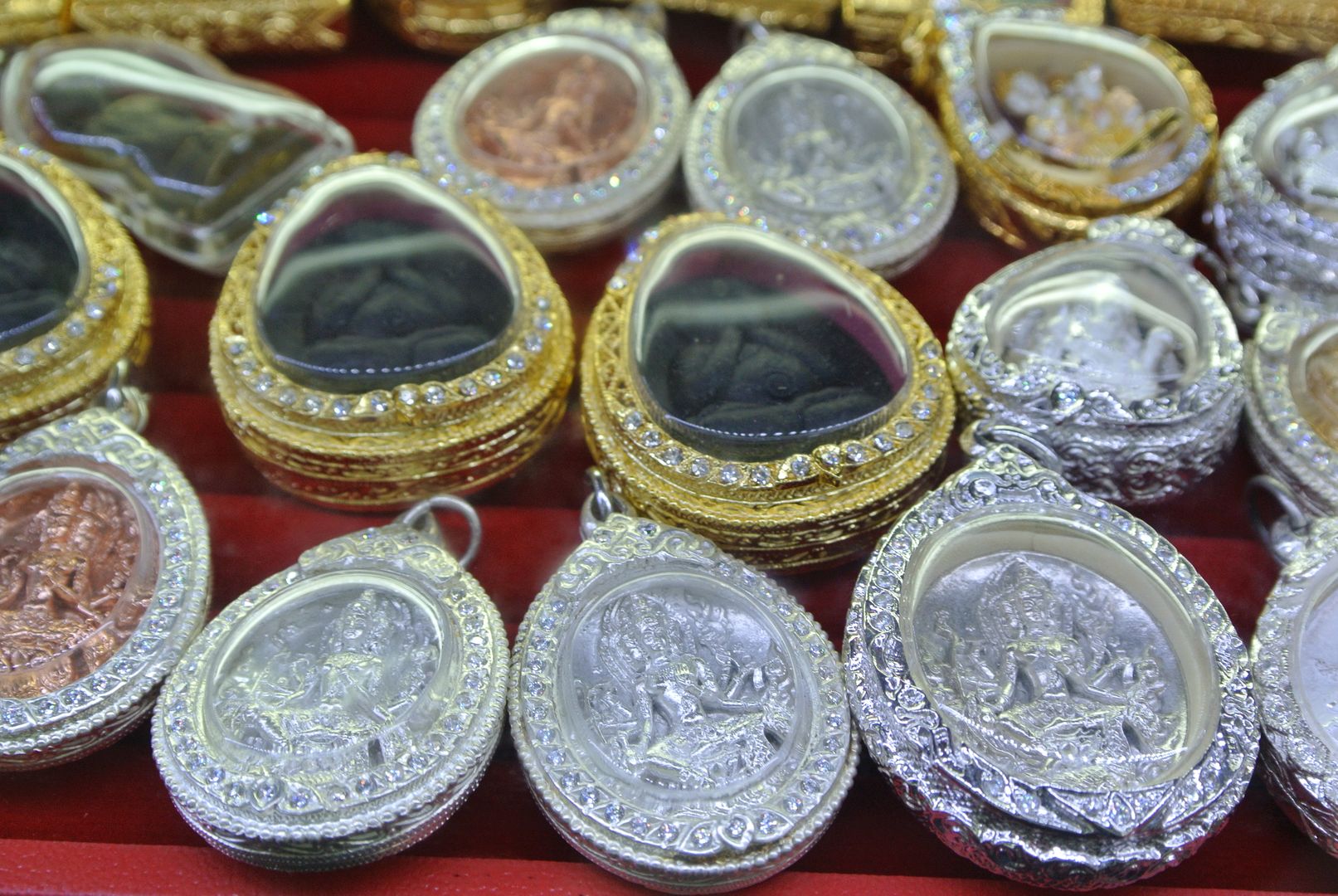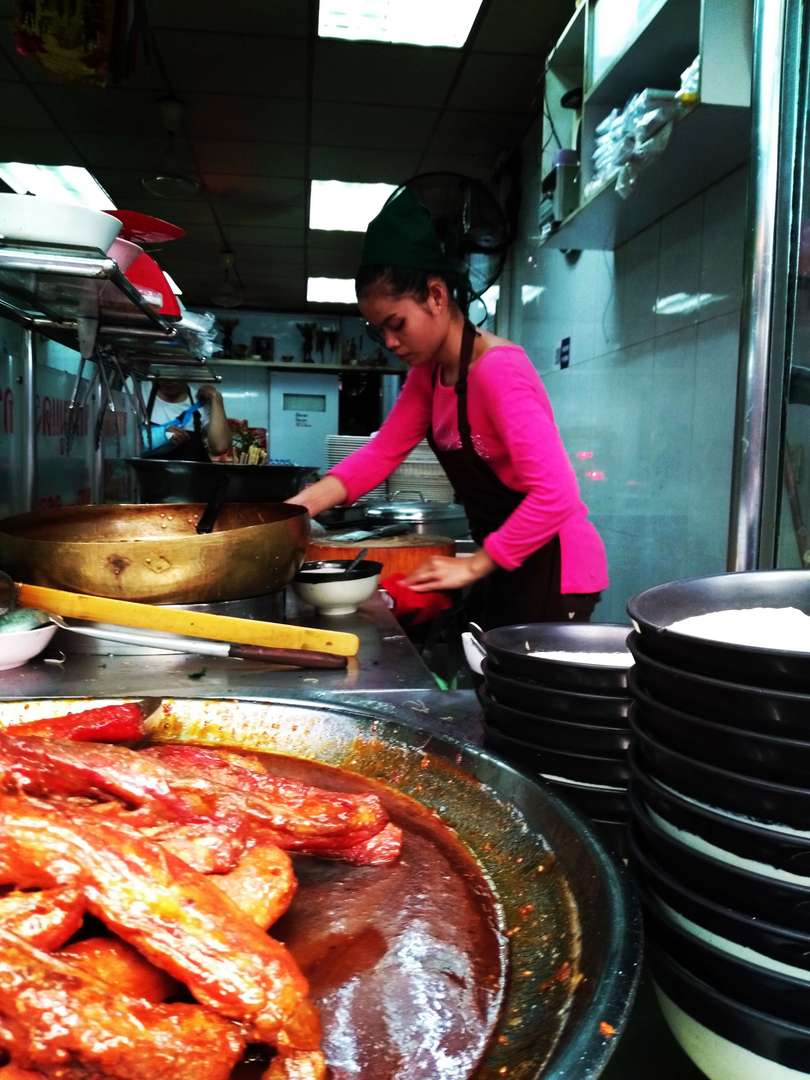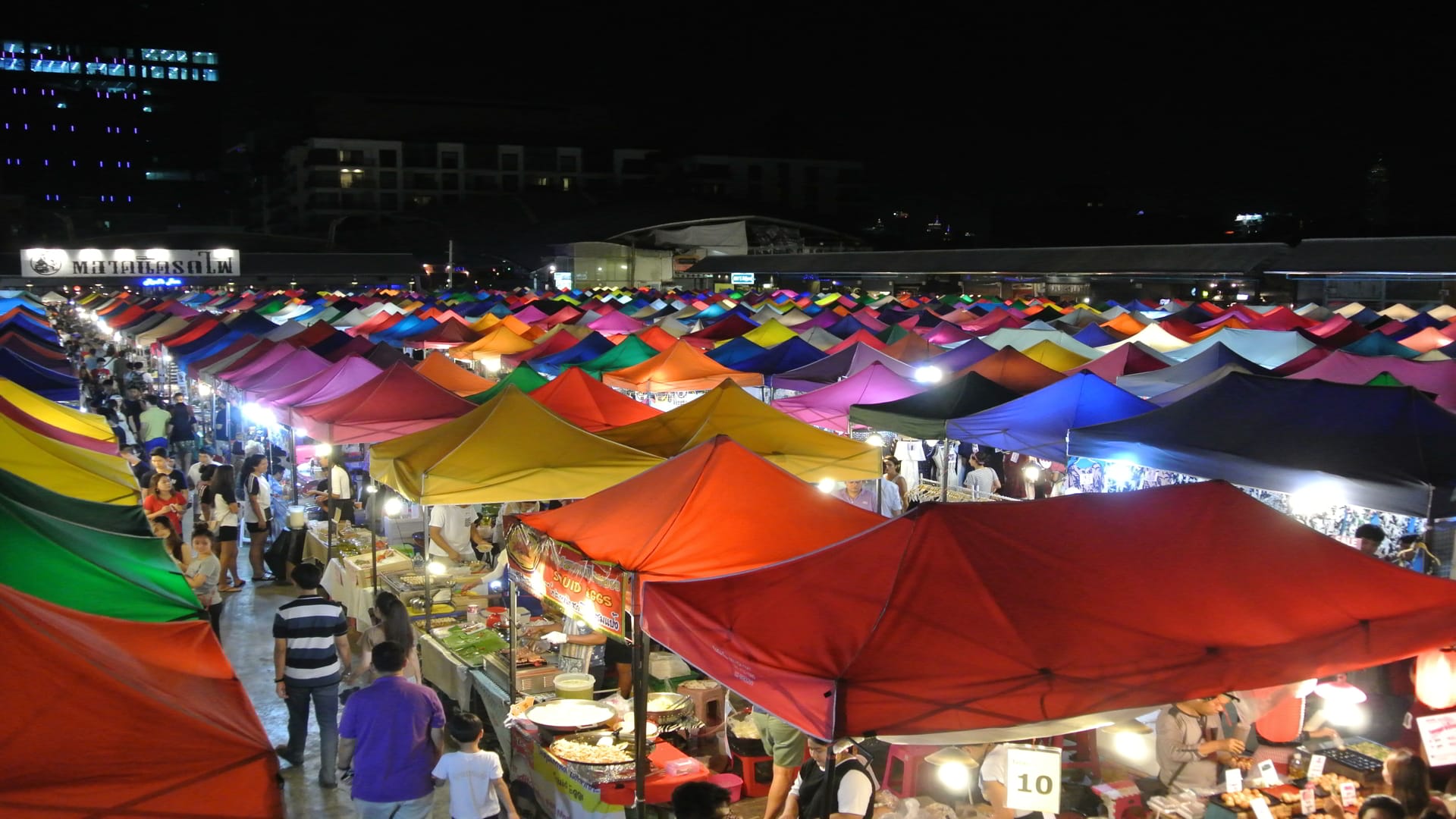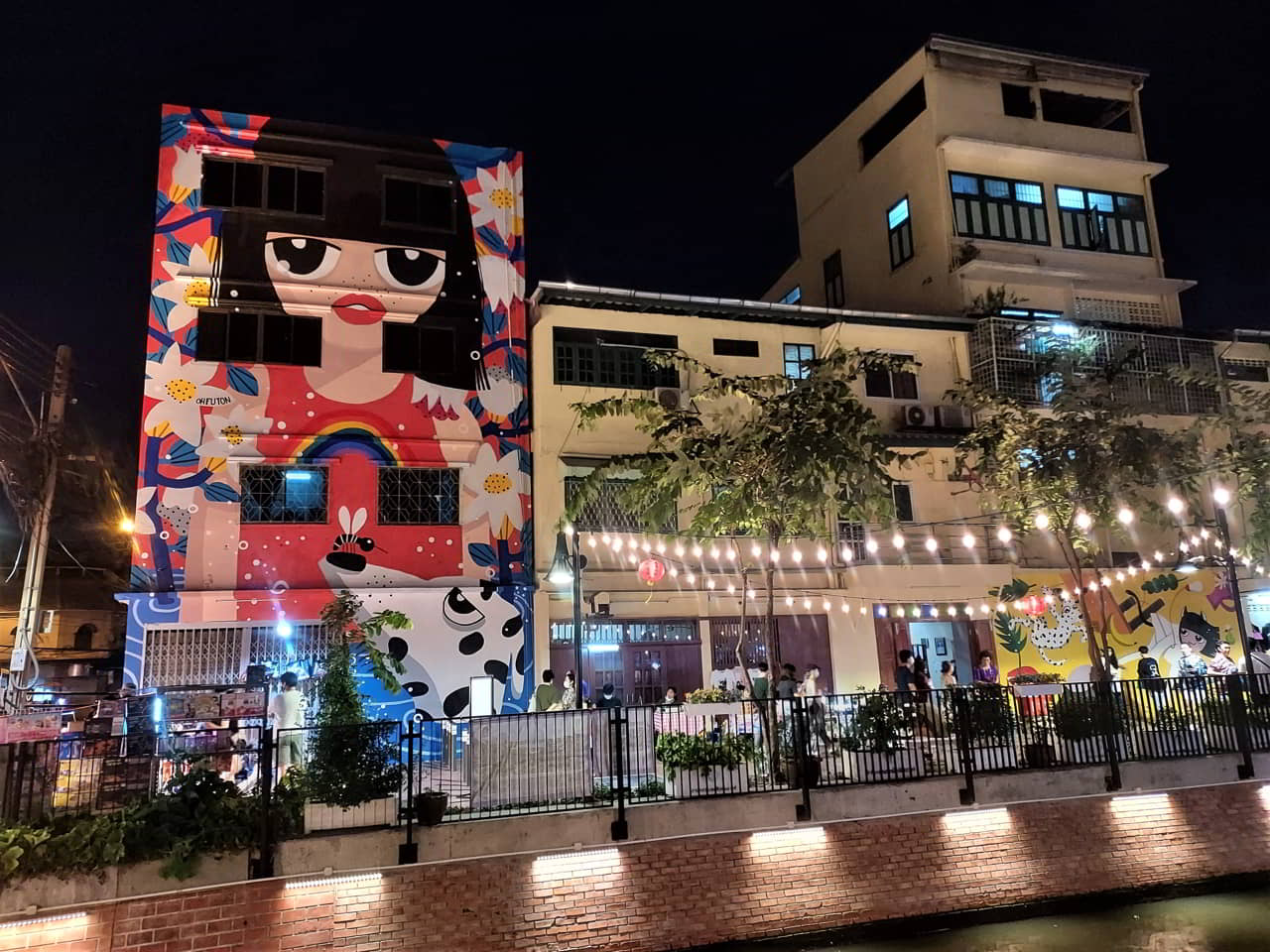Bangkok Shopping
Bangkok has an incredible amount of places for shopping: day markets, night markets, floating markets. There are also Malls all over the city.
The 4 major types of commerce in Bangkok
Creating a comprehensive list of all the types of commerce in Bangkok is an impossible task. However, they can be categorized into very broad categories. As a result, four major types emerge.
Bangkok’s Floating Markets
To many, floating markets appear as a true spectacle, a testament to a unique commercial practice, and in a certain sense, a completely exotic manifestation.
Exploring Bangkok’s Malls
Malls are, for many, symbols of mass capitalism with stores and brands that are found everywhere in the world. However, Bangkok’s malls are also unique buildings with distinct atmospheres (whether appreciated or not), representing a facet of Thailand that cannot be ignored.
Bangkok’s Traditional Markets
Although daytime markets may resemble many other markets worldwide, they are also places where one can discover products and goods previously unknown. They offer an atmosphere, often with intriguing scents, vibrant colors, unique practices, and more. There is a wide variety of daytime markets offering everything from vegetables to clothing, electronics to vintage items. Here is a list of both small and large markets in the capital…
Night Markets
Finally, there are the night markets. These are unique places where people come not only to shop but also to eat, drink, and listen to music. Night markets are a true institution in Asia, and those in the capital city are worth seeing. They are places where one can spend time alone or with others, serving as both commercial hubs and entertainment venues.
Exploring Bangkok’s Unique Walking Streets
Bangkok’s walking streets are vibrant and unique, offering visitors a diverse array of experiences. From the lively ambiance to the eclectic mix of goods and entertainment, these thoroughfares provide a glimpse into the city’s dynamic culture. While they are not numerous, each walking street in Bangkok has its own charm and appeal, making it a must-visit destination for locals and tourists alike.
How to Pay in Thailand?
In Thailand, several payment methods are accepted:
- Cash: Undoubtedly the most common and convenient method. However, for large purchases, it’s advisable to use other means.
- Credit or debit cards: Generally accepted, with ATMs widely available. However, beware of taxes/penalties/fees imposed by both the originating country’s banks and Thai establishments. It’s recommended to inquire beforehand about any additional charges or surcharges (usually around 3%).
- Transfer: Those with Thai bank accounts can easily transfer funds between accounts via mobile applications. Super easy and convenient.
- PayPal: A less common payment method, occasionally offered. However, depending on the originating country, transfers may be blocked.
Currency in Thailand
The official currency of Thailand is the baht (THB), introduced during the reign of Rama IV. Foreign currency is not used for payments in Thailand. If you have euros, dollars, or any other foreign currency, it’s necessary to exchange it at a currency exchange bureau or bank.
Commonly Used Coins
0.5 baht
1 baht in nickel
2 bahts in bronze aluminum - slightly larger than the 1 baht coin
5 bahts in nickel
10 bahts bimetallic
Banknotes
20 bahts
50 bahts
100 bahts
500 bahts
1,000 bahts
Should You Bring Cash to Thailand?
Many travelers wonder whether to bring cash when visiting Thailand, or exchange it locally.
The answer isn’t straightforward: if the aim is to avoid fees, it’s not necessarily successful. Currency exchange offices charge their commissions, and rates can vary significantly. There’s also the risk of losing the money. Using a debit card to withdraw desired amounts may be more convenient. However, there are fees for withdrawals (ranging from 150 to 350 baht depending on the bank) and fees from the cardholder’s home bank.
To mitigate these costs, one can use bank cards from neo-banks like Revolut. While still incurring commissions, these banks offer better rates.
For those with trustworthy friends living in Thailand, transferring funds to their accounts is an effective way to avoid hefty commissions or taxes for travel budgets.
